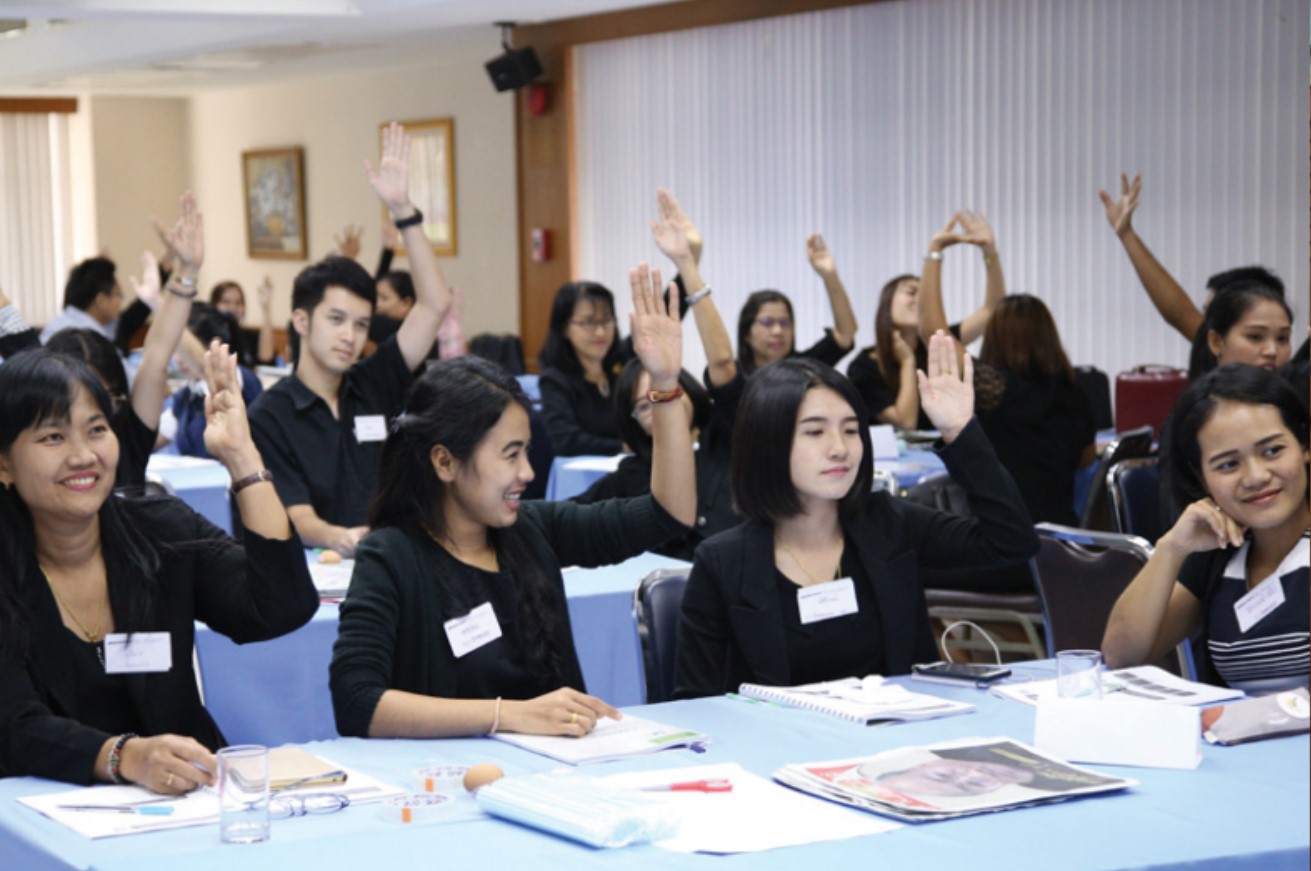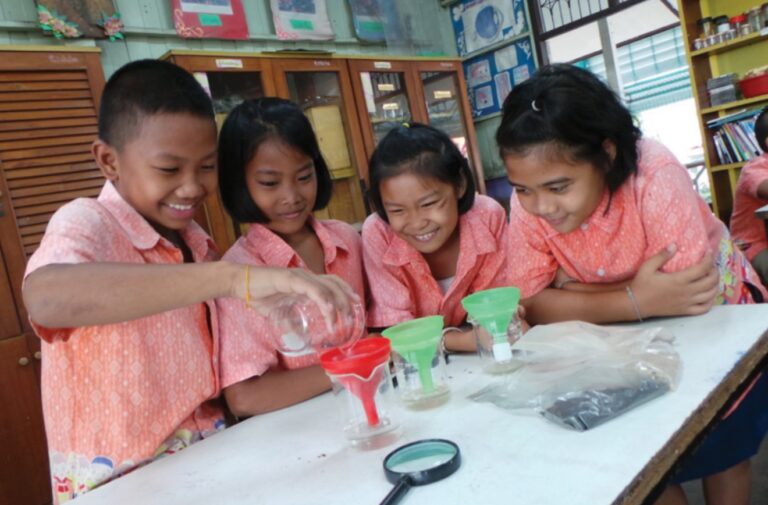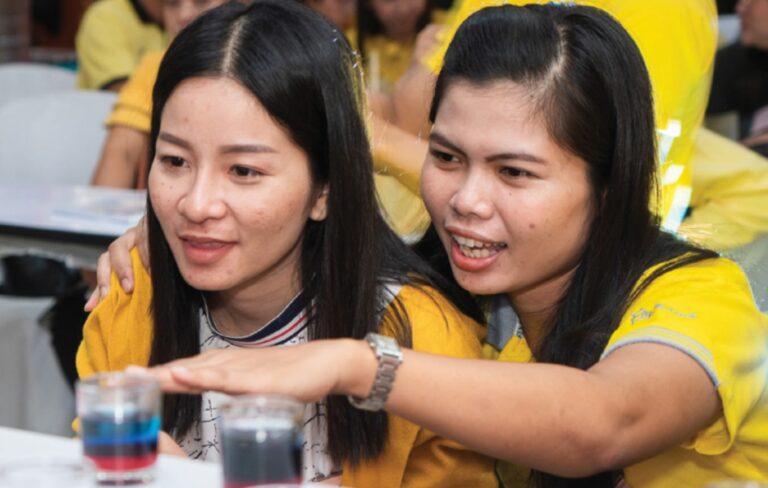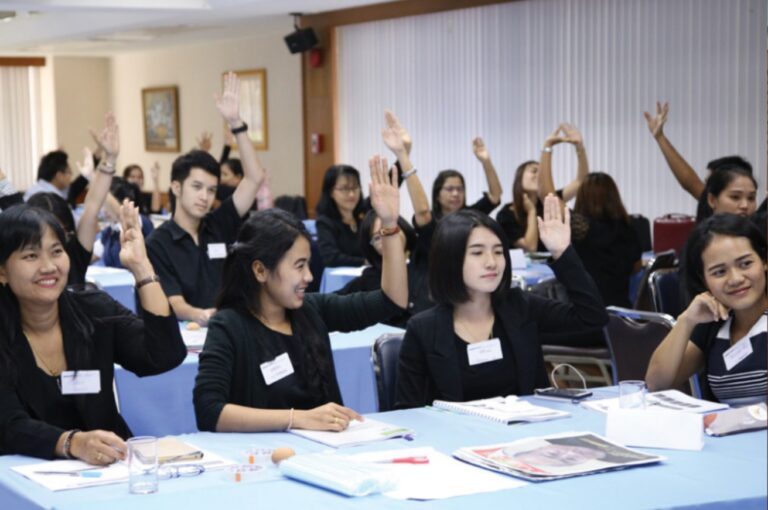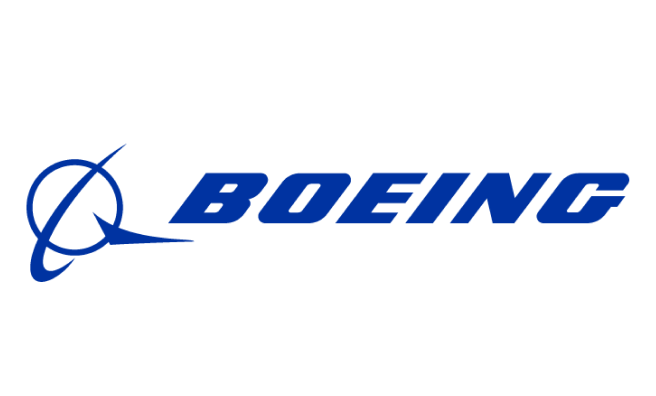
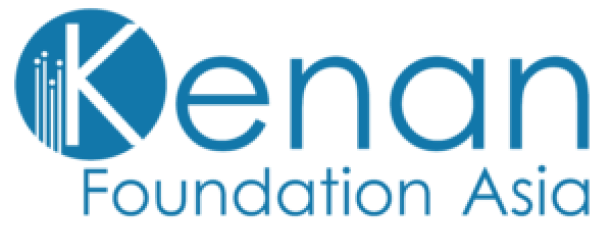

As technology continues to advance rapidly, students must develop a strong science, technology, engineering, and math (STEM) foundation as well as key skills (such as critical thinking, collaboration, and creativity) to succeed in the 21st century economy. The Thai education systems, however, remains glued to outdated, memorization-based learning methods that fail to prepare students for modern work. The poor quality of the education system is reflected in numerous international evaluations, notably the OECD’s most recent Program for International Student Assessment (PISA) on which Thai students placed 54th out of 70 countries in the critical subjects of math and science.
For the past 10 years, the Boeing Technology Enhanced Learning (TEL) project has introduced modern, high-impact practices into schools in Bangkok, Nonthaburi, Nakhon Nayok, and Samut Prakan provinces. The project focuses on building the capacity of teachers to deliver integrated, technology-aided STEM lessons using Kenan’s Enhanced Project-based Learning (E-PBL) model to improve students’ engagement in the classroom and learning outcomes. To support teachers as they implement E-PBL in their classrooms, Kenan has developed a series of modules tailored to the Thai curriculum, thereby enabling the teachers to use high-impact practices to deliver lessons on core math and science content.
Under Boeing TEL, Kenan builds the capacity of master teachers, who support the wider training roll-out and on-going mentorship for 4th-6th grade teachers in the target areas. Additionally, Kenan trains principals to help them provide much-needed support to their teachers as they introduce Boeing TEL modules into the classroom. Finally, Kenan organizes an annual STEM camp for students to participate in innovative learning exercises that enhance their knowledge and inspire them about the possibilities of pursuing STEM fields at higher levels of education.
Over the duration of the project, Kenan has trained over 1,000 educators, who have then used the Boeing TEL modules to enhance the STEM knowledge and 21st century skills of more than 150,000 students.


